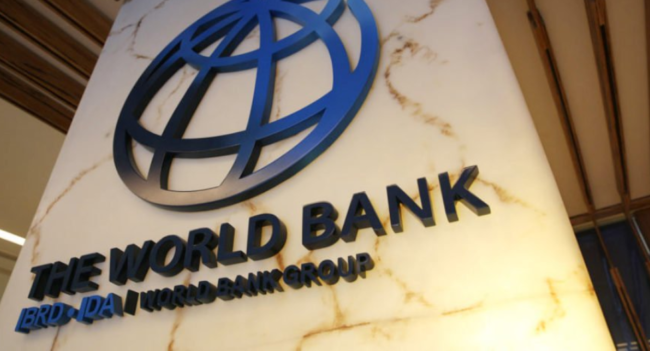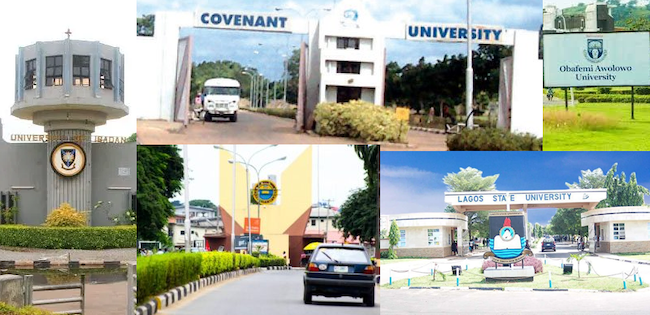…As debt hits N149.39tn ($91.46bn)
By Idibia Gabriel, Kaduna
The World Bank, in its May 2025 report, revealed that 75.5% of rural Nigerians are battling extreme poverty, while 41.3% of the urban population is similarly affected. The report also projects that an additional 13 million Nigerians may fall below the poverty line by the end of the year.
In a recent analysis shared by a World Bank agent in Nigeria, the global lender disclosed that 63% of Nigerians are experiencing severe deprivations across various aspects of life.
Ironically, the Bank — which previously praised the Tinubu administration for “hard” decisions such as fuel subsidy removal and floating the Naira — now blames these same policies for fueling inflation and worsening poverty levels across the country.
Other compounding factors include the continuous hike in electricity tariffs and skyrocketing fuel prices, which have pushed transportation costs beyond the reach of average Nigerians. Though the Nigerian Constitution guarantees citizens the right to freedom of movement, the harsh economic conditions are making that right practically inaccessible.
Critics have pointed out that the recently approved National Minimum Wage of N70,000, up from N30,000 under the Buhari administration, has little real-world impact due to inflation.
To illustrate, when the minimum wage was N18,000 under President Goodluck Jonathan, it could purchase 2.5 bags of imported rice. As of July 2025, however, N70,000 buys less than one bag, with foreign rice priced at N98,000 and local brands like Big Bull selling for N78,000 in Abuja.
Despite these dire statistics, which many believe warrant urgent national attention, the National Assembly (NASS) appears focused on expanding bureaucracies rather than addressing the people’s basic needs.
“It’s like parents with starving children thinking of how to secure some morsels, while their eldest child is obsessed with upgrading his iPhone,” said a source close to the ongoing debate.
From July 4–5, 2025, lawmakers were preoccupied with public hearings on another round of constitutional amendments, widely described as a money-guzzling ritual. Rather than drive national productivity or development, most of the proposed amendments reportedly aim to create more layers of government and drain national resources.
This comes despite Nigeria’s debt burden ballooning to N149.39 trillion ($91.46 billion) — a 22.725% increase from 2024 — with government borrowing continuing unabated, pushing obligations onto future generations.
Ironically, the Tinubu administration had pledged to cut down on bureaucracy by implementing the Oronsaye Report, which recommended merging 220 agencies and reducing the number from 263 to 161. However, contrary to that promise, the government has continued to create new ministries and agencies.
In July 2024, a Ministry of Livestock Development was established, followed three months later by a Ministry of Regional Development. Each of the six newly formed regional development agencies is expected to have 12 Executive Directors and one Managing Director, totaling 78 new top-level officials, all to be maintained by the national treasury.
Meanwhile, the NASS constitutional amendment hearings include a proposal for the creation of 31 new states, including upgrading the Federal Capital Territory to full state status.
Analysts warn that Nigeria’s current 36-state structure is already unsustainable, with only Lagos showing signs of financial viability. The other 35 states rely heavily on federal allocations, prompting one politician to liken them to “retarded babies perpetually in need of feeding bottles.”
Expanding the number of states to 67 would add more governors, deputy governors, state assemblies, and bureaucratic structures — all consuming public funds without contributing significantly to national productivity.
Similarly, there are proposals to increase the number of local governments from 774 to 792, despite criticism that most local governments function more as fund distribution centers than development drivers. Allegations abound that state governors intercept large portions of local government allocations, leaving little for development.
Local councils are often accused of spending the bulk of their funds on salaries, traditional rulers, and political patronage. Their most visible activities include deploying uniformed touts to extort money from traders and motorists.
Additionally, a proposal for establishing a State Security Council to advise governors has been tabled — yet another layer of bureaucracy.
“If Nigerians were asked to choose between more food and more bureaucracies, I have no doubt the ‘Ayes’ would go for food,” the World Bank agent concluded.





